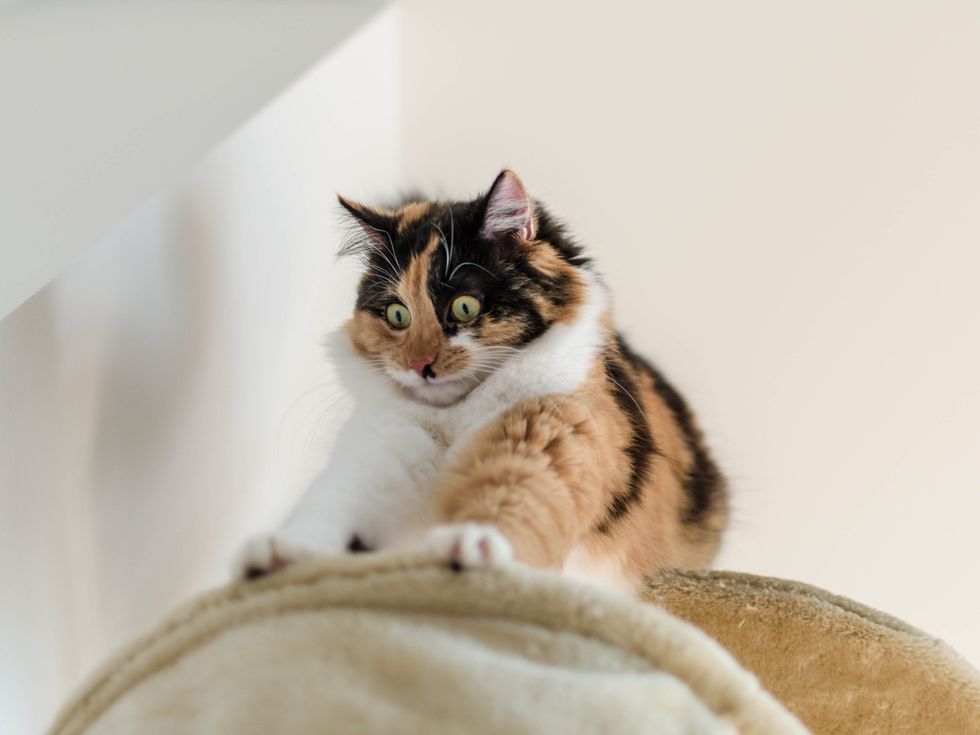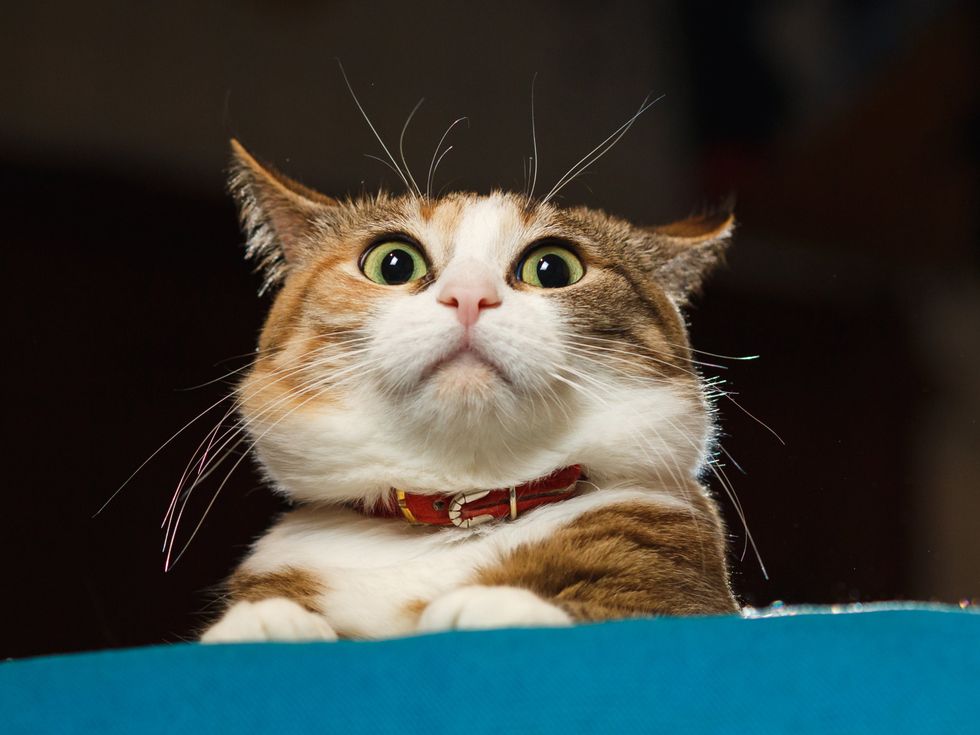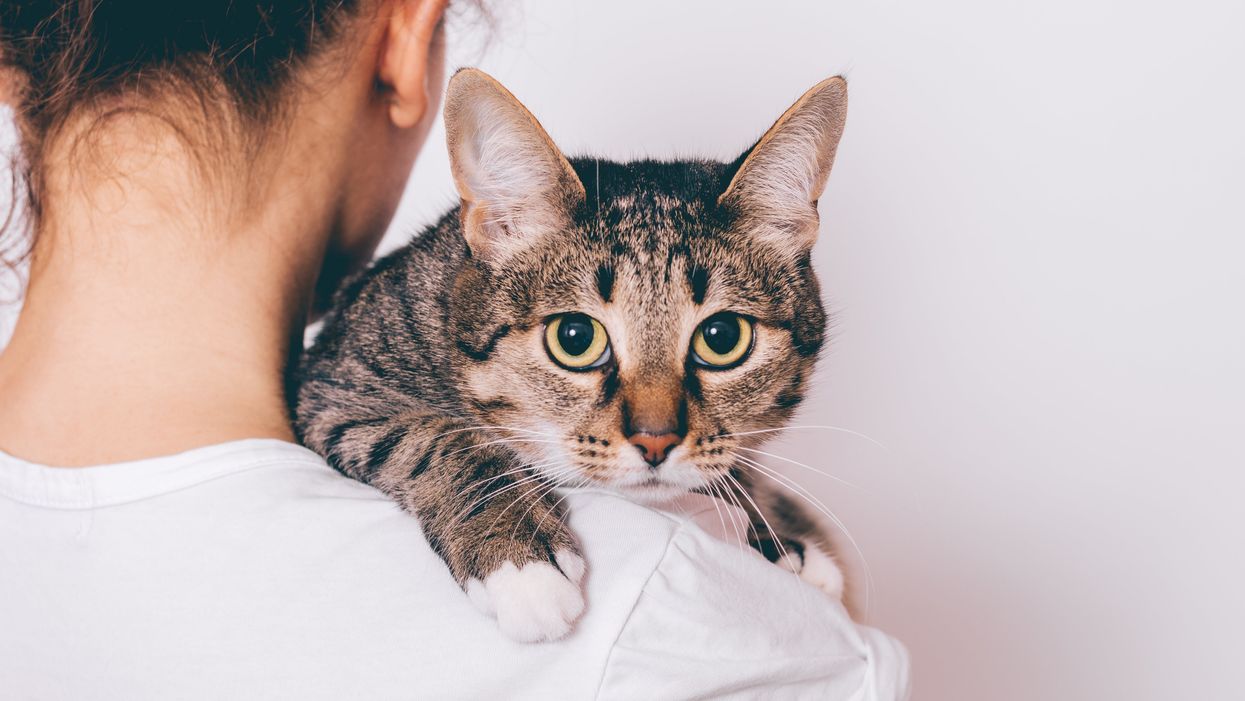Danielle Sinay
Aug 22, 2021
Cats are consistently misconstrued as apathetic house pets who are otherwise indifferent towards their humans, but research indicates they’re actually anything but. Studies have found that felines do feel affection towards their humans, as they see their “owners” as parents or caregivers, and that in reality, they’re extremely empathetic.
Recent research published in PLOS ONE journal found that cats’ owners’ personalities and well-being has a serious impact on their cats’, as well. “When it comes to companion animals and their wellbeing, much more attention is paid to the impact of the animals’ physical environment, [like] housing, enrichment, nutrition etc, than that of their social environment,” study author Lauren Finka, a post-doctoral research associate at Nottingham Trent University, told PsyPost.
“However, my experience from working with cats over the last decade has really highlighted to me just how much humans’ can potentially affect the behaviour and welfare of cats, just by how we interact with and manage them. A lot the time this is probably happening without us even being aware of it. I was therefore keen to conduct a study that investigated this phenomenon scientifically.”

For Finka’s cat specific inquiry, the Nottingham Trent University team surveyed 3,331 cat owners about their personalities and health, then analysed the health, well-being and behaviour of their feline friends. And it turns out, the two are indeed quite connected: Humans’ behaviour and well-being seem to correspond with those of their cats.
“Our personalities may be an important factor in relation to how we interact with and manage our cats, and this can have important consequences for their wellbeing,” Finka said of the results. “Cats may not always find living as our pets easy, and it’s important that we are aware of how our behaviour may be impacting upon them, in both positive and negative ways.”
For example, Finka found that anxious owners were more likely to have cats with ongoing medical conditions: Cats with neurotic parents were more likely to be overweight, develop stress-induced ailments, and display aggressive and/or fearful behavioural patterns. In short: Their own owners’ anxiety was seemingly stressing them out.

On the other hand (or paw), the more relaxed a human was, so too was their pet. Owners who were open and friendly reported less avoidant behaviour in their cats, and extroverts were more likely to have sociable cats, as well.
“This study merely identifies a correlation between owner personality and aspects of cat behaviour, management and wellbeing and cannot assume causation,” Finka said. “Further research is needed in order to understand if, and how, aspects of the owner’s personalities are directly influencing the welfare of their cats.”
So, let’s try to stay paw-sitive. For the cats.
Top 100
The Conversation (0)













